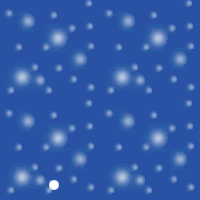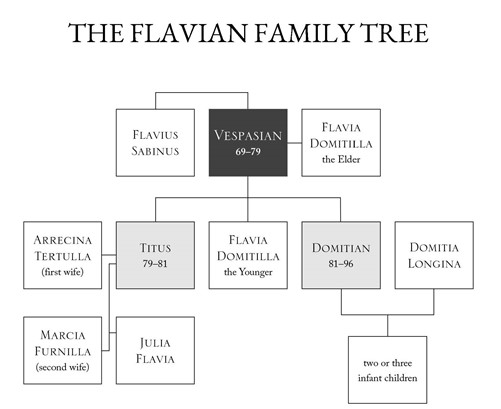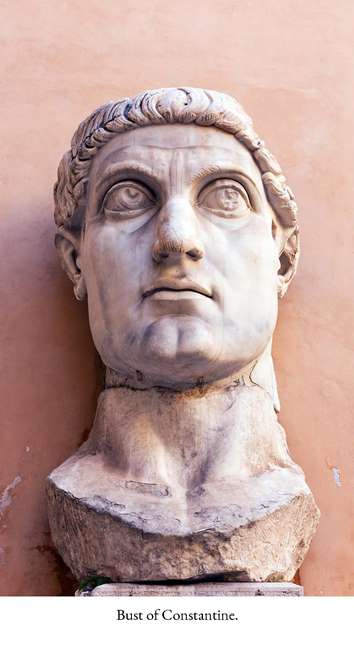|

Israel Intro
JESUS LIFE
Israel History
Israel reflects
Israel 2014
Israel 2022
Israel Runs
Israel -Sketches of Jewish Social Life
Bibi Talks
Israel Maps
City Gates
Israel Yad Vashem
Israel Jerusalem
St Geroge Jerusalem
Israel Temple Mount
Israel Western Wall
City of David
Hezekiah Tunnel
Israel Mt of Olives
Dominus Flevit
Israel Church of all
nations
Israel Garden of Gethsemane
Israel Garden Tomb
Israel Church of St Anne
Israel Holy Sepulchre
Israel Via Dolorosa
Israel Bethlehem
Israel Sea of Galilee
Capernaum
Israel Tiberias
Yardenit
Israel St Peter
Pater Noster
Israel Mt of Beatitudes
Israel Nazareth
Masada
Israel Dead Sea
Masada
Israel Qumran
Jericho
Israel Timna
Tel Dan
Tel Meggido
Israel Caesarea
Israel Gaza
Israel Golan Heights
Israel Hotels
Israel reflects
Paul
Prophets of Bible
Israel Hebrew
Israel Eilat
Israel Jordan
Israel Petra
Ben Yehuda
Eqypt
Roman CaesarsU
Modern Judaism
| |
Caesars of the
bible
 
|
|
|
|
|
|
|
Israel
Maps
 |
|
|
|
|
|
|
|
|
|
 |


|
 |
Augustus (Octavian) Caesar

Caesar Augustus was the Roman emperor at the time of Jesus’s birth
in c.5 or 6BC. Luke tells us, “At that time, Augustus Caesar sent an
order that all people in the countries under Roman rule must list
their names in a register” (Luke 2:1) Octavian was the adopted son
of Julius Caesar, who had been assassinated in 44BC. He became the
undisputed and sole emperor after defeating Mark Antony (after whom
the Antonia Fortress in Jerusalem was named) and Cleopatra (the
Queen of Egypt) at the maritime Battle of Actium in 31BC.
In 27BC, Octavian was honoured by the Roman Senate with the title
‘Augustus’, meaning ‘revered’ or ‘more than human’. When Herod the
Great built a new port city on the site of Strato’s Tower in c.21BC,
he named it Caesarea Maritima, in honour of Caesar Augustus. Paul
was held for two years at Herod’s Palace in Caesarea between 57 and
59AD (see Acts 23:35 & 24:27 and Map 26).
Tiberius Caesar
When Augustus died in 14AD, he was succeeded by his son Tiberius.
Luke tells us that John the Baptist began preaching during the
fifteenth year of the reign of Tiberius Caesar (in 26/27AD) (see
Luke 3:1-2). Herod Antipas (who imprisoned and beheaded John the
Baptist in 28AD for criticising his marriage (see Mark 6:14-28)
named his new capital Tiberias in honour of Tiberius (see Map 7).
Tiberius was followed in 37AD by his great-nephew Gaius, called
Caligula because of the little boots he wore as a child. Caligula
was popular at first, but after an illness upset his mental
stability, he embarked on a reign of terror.
Claudius
He was succeeded in 41AD by his uncle, Claudius, who invaded Britain
in 43AD. Claudius was the emperor in 44AD at the time of the famine
that prompted Saul and Barnabas to take a gift from the church in
Antioch to the Christians in Jerusalem (see Acts 11:27-30 and 4 on
Map 22). In 49AD, Claudius expelled all the Jews from Rome.
According to the Roman historian Tacitus, this was because the Jews
were always fighting about ‘Christos’ – a reference to the ongoing
conflict between Jewish Christians (such as Aquila and Priscilla)
and traditional Othodox Jews.
Nero
Claudius was followed by his 17-year-old stepson Nero in 54AD. Paul
appealed to the Emperor Nero in 57AD (see Acts 25:11) and was
subsequently acquitted after a hearing before the emperor in c.62AD.
Nero later became a brutal psychopath, blaming Christians for the
Great Fire of Rome in 64AD and sending them to their death in the
amphitheatre. Both Paul and Peter were executed by Nero shortly
after the outbreak of the Romano-Jewish War in 66AD, when
anti-Jewish frenzy was at its height. |
 |

Vespasian
Nero committed suicide in 68AD and (after a year of three
unsuccessful claimants) was succeeded by Vespasian, who returned
from active service in Judaea in 69AD to take up the reigns of
power.
Titus
Ten years later, in 79AD, Vespasian was succeeded by his son Titus,
who had destroyed the Temple in Jerusalem at the end of the Jewish
War in 70AD.
Domitian
Titus died suddenly in 81AD and was followed by his younger brother
Domitian, who continued to persecute Christians because they
wouldn’t worship the Roman gods or sacrifice to the Emperor (and
were therefore considered to be ‘godless atheists’ who would arouse
the fury of the Roman gods). It was Domitian who ordered the exile
of the apostle John to the Aegean island of Patmos in c.89AD (see
Revelation 1:9 and Map 29). Domitian was assassinated in 96AD and
was followed by Nerva (96-98AD) and Trajan, Nerva’s adopted son.
|

|
Domitian was assassinated in 96AD and was followed by Nerva
(96-98AD) and Trajan, Nerva’s adopted son.
Hadrian
Trajan was succeeded in 117AD by Hadrian who visited Britain in
122AD and built the 76 mile / 122 km long Hadrian’s Wall to keep the
‘barbaric’ northern British tribes out of the ‘civilised’ Roman
south. In 130AD, Publius Aelias Hadrian embarked on a grand tour of
the empire and arrived in Jerusalem. The Jewish inhabitants asked
Hadrian to allow them to rebuild the Jewish Temple. Instead, he
established a Roman ‘colonia’ (a military colony) in Jerusalem,
built a temple to Jupiter (Jove), and renamed the city Aelia
Capitolina (‘the city dedicated to the worship of Hadrian and the
Capitoline god Jupiter’).
Circumcision and the religious practices of Judaism were outlawed,
and Jews were barred from entering Jerusalem. This led to the Jewish
Revolt of 132AD, led by Simon Bar Kochbah.
|
 |
 |
 |
 |
 |
 |
 |
| |
 |
 |
 |
|
 |
|
 |
 |
|
|

![]()